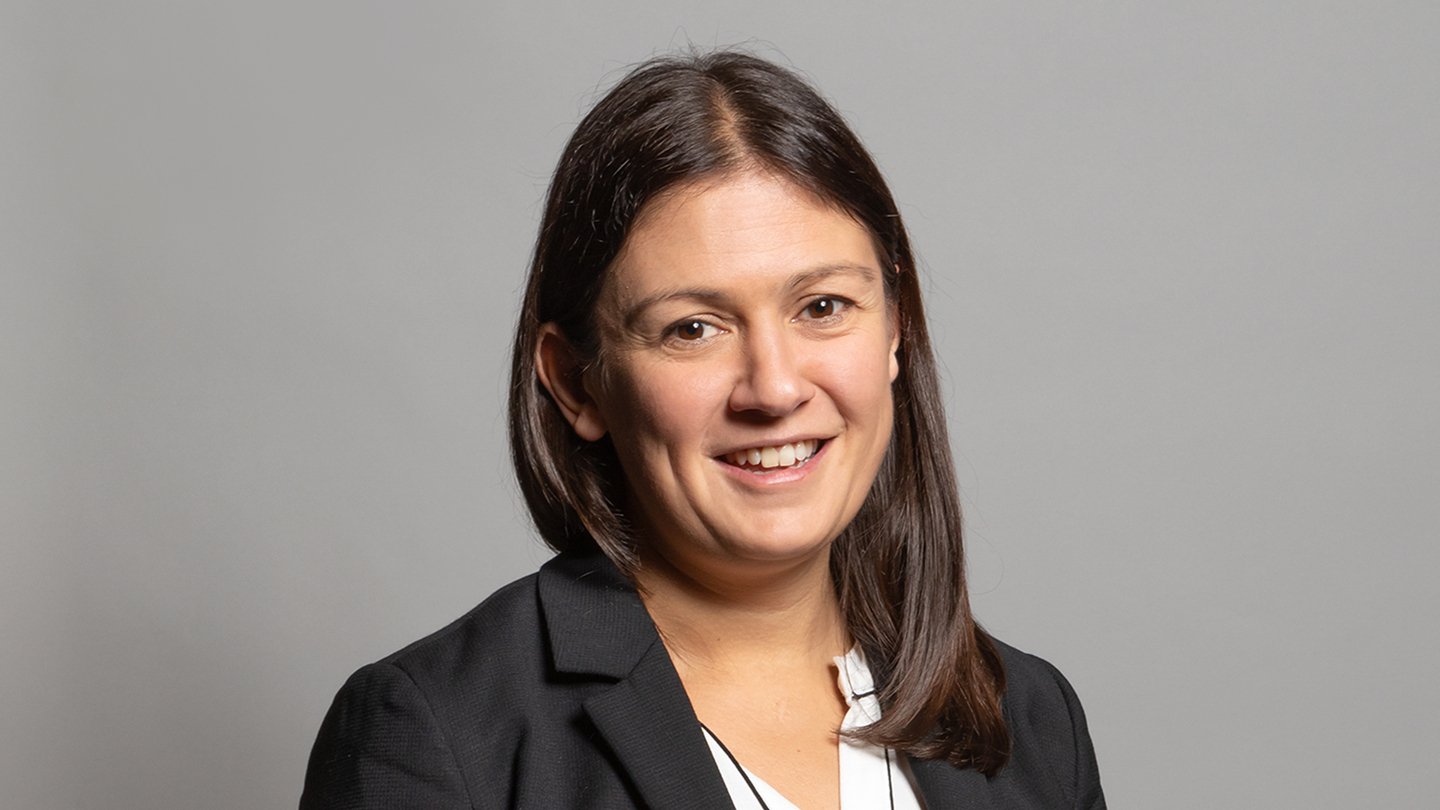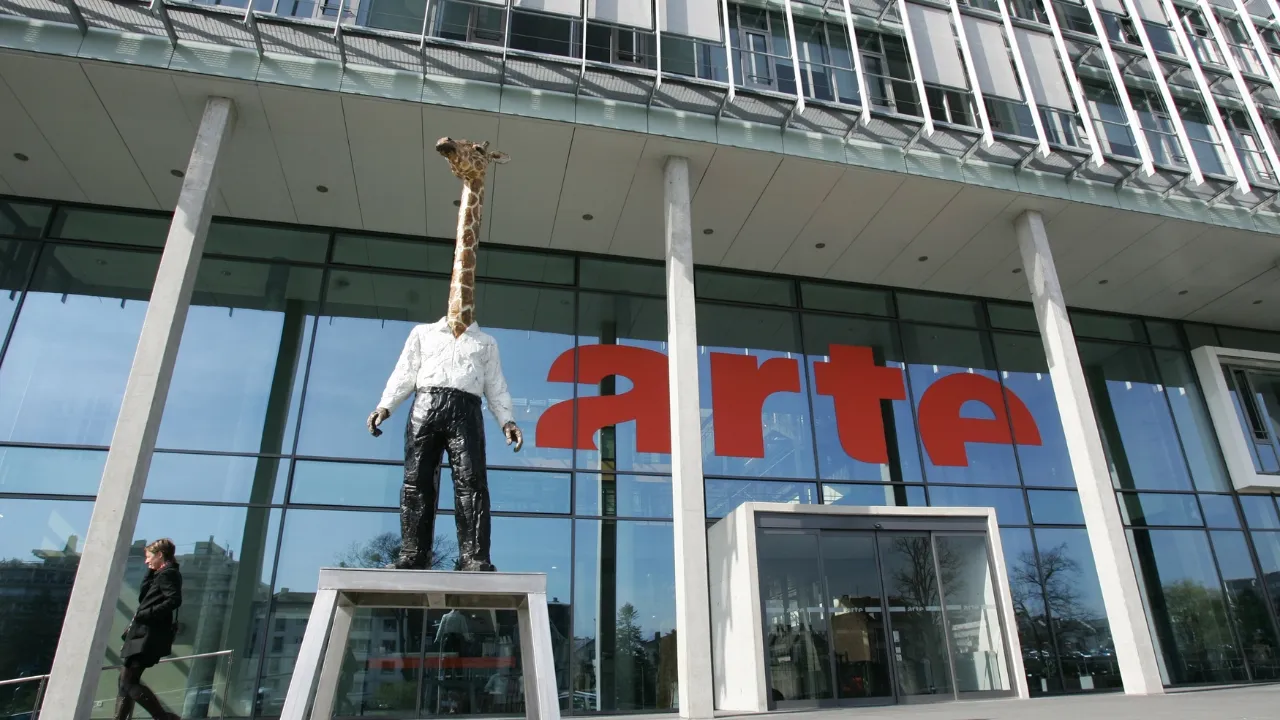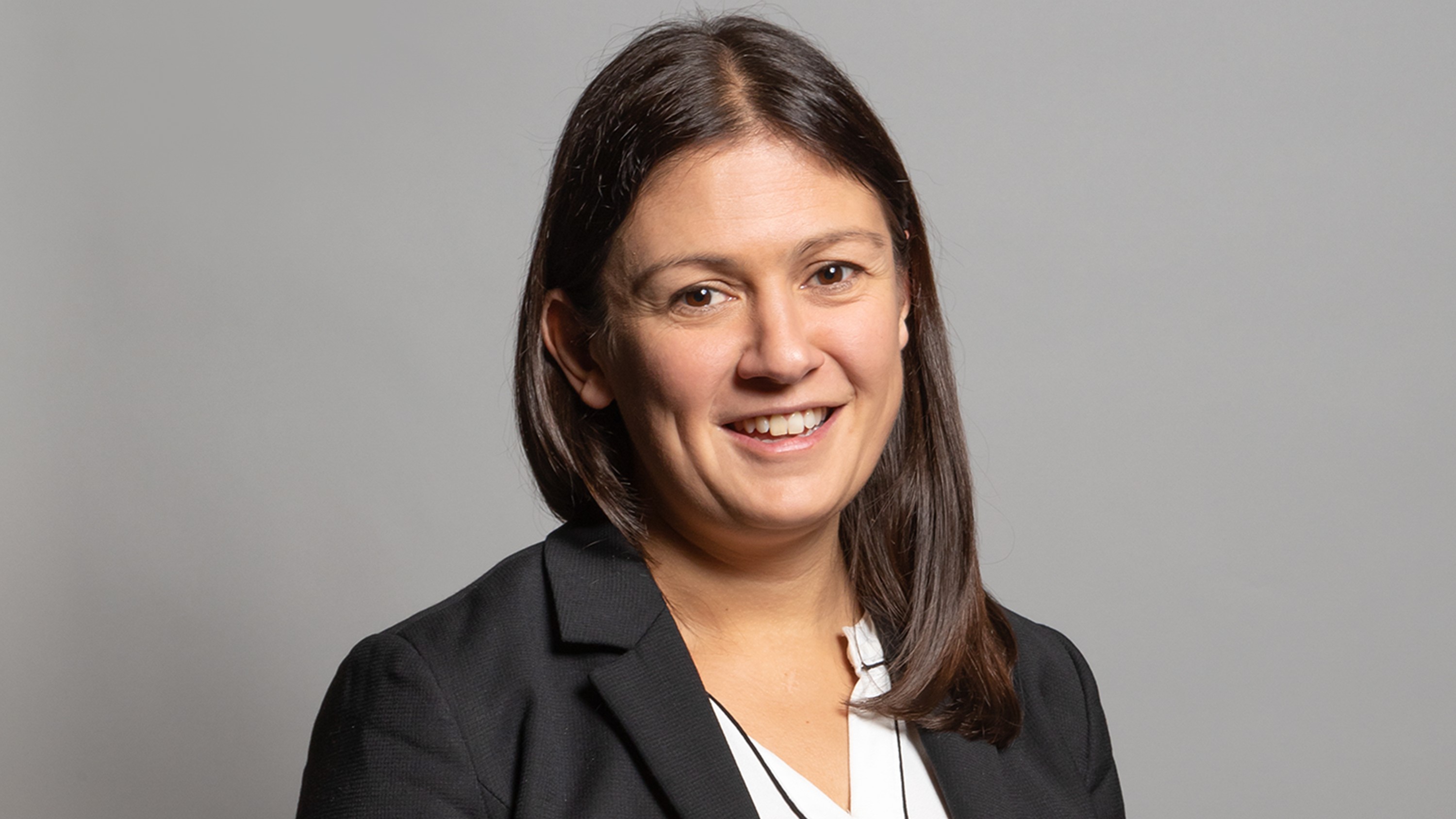The UK government is to examine the future of linear TV broadcasting amid fears that some older and underprivileged viewers could be excluded from the general shift towards streaming.
Media Minister Stephanie Peacock has launched a forum to advise on the issue, bringing together representatives from Ofcom, broadcasters such as the BBC, ITV and Sky, infrastructure operators like Arqiva and organisations representing audiences including Voice of the Listener and Viewer.

It will consider how all viewers, including older people and those without internet connectivity on their TV, can continue to access British content as consumer habits continue to change.
The forum will have a particular focus on the pressure the rise of streaming puts on delivering traditional broadcast television in a cost-effective way.
The core aims of the group will be to ensure that “no one is left behind amid a shift towards online viewing, and to establish a sustainable television ecosystem that works for both audiences and the industry.” The forum is due to meet quarterly, starting later this month.
Gill Hind, COO and Director of TV at Enders Analysis, Richard Lindsay-Davies, CEO of research and technology organisation Digital TV Group, and DCMS College of Experts academic Catherine Johnson will chair three smaller working groups supporting the forum, representing the TV sector, infrastructure and audience groups.
Research published by the government predicts that 95% of households will have the capacity to watch TV over the internet by 2040. However, 5% of households, or 1.5 million people, will still rely on traditional linear broadcasting by the same year, without intervention.
This ‘unconnected’ group tends to be significantly older, have a lower socioeconomic status and live in rural communities, said the research. The cost of broadband and lack of digital skills are key factors in preventing households from adopting Internet Protocol Television (IPTV) or programmes delivered via the internet.
Media Minister Stephanie Peacock said: “Streaming has revolutionised the television industry. Viewers have never had more choice over what to watch and how to access content. As the shift towards streaming and watching live broadcasting online continues, it is vital that no one is left behind. I want to ensure that as many people as possible can watch TV in a way that suits them.”

UK launches copyright consultation for creative industries and AI developers
The UK government has launched a consultation looking at how copyright-protected material can be used to train AI models.

Shinfield Studios’ Nick Smith and Ian Johnson to retire
Shinfield Studios’ joint Managing Directors Nick Smith and Ian Johnson are to retire from their positions at the end of the year.

BBC and ITV confirm rights deal for FIFA World Cup 2026 and 2030
BBC Sport and ITV have agreed a deal for live coverage of the FIFA World Cups in 2026 and 2030 across TV, audio and digital platforms.

US writers call on Hollywood studios to take action against AI firms
The Writers Guild of America (WGA) has called on Hollywood studios to “come off the sidelines” and prevent tech companies from allegedly using its members’ works to train AI platforms.

Arte joins European Broadcasting Union
Arte, the Franco-German public service broadcaster, has become the newest member of the European Broadcasting Union (EBU).



